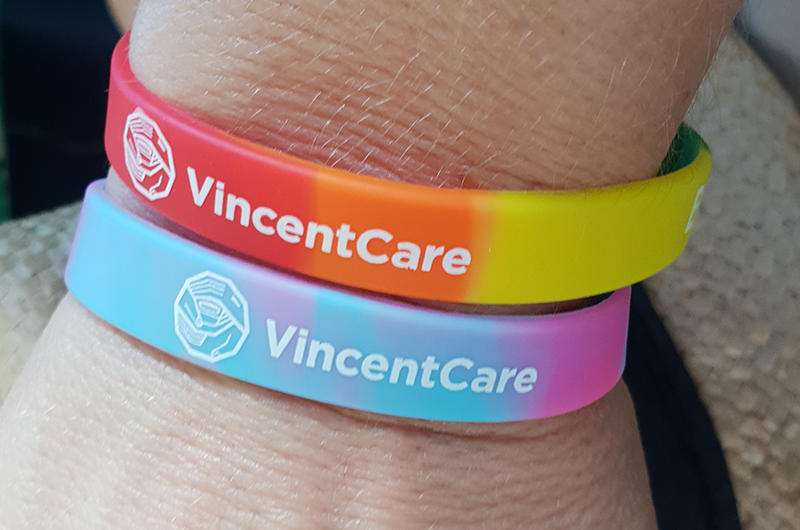
Positive behavioural changes can start at school
A recent report on the prevalence of family violence suggest that in any Australian classroom around seven children are experiencing inter-parental conflict, or other forms of domestic family violence.

As children and their families across the State gear up for a new school year, it’s a good time to consider how we can support these children transition into school, utilise support and feel safe by ensuring their families have access to the services necessary for recovery.
“When women and their children cannot obtain refuge in an appropriate dwelling, or without close family or friends, they risk further harm sleeping in cars or in public accommodation such as rooming houses, budget hotels and caravan parks. In these settings, they cannot re-establish normal family routines, “says John Blewonski, CEO VincentCare Victoria, a leading provider of care, services and advocacy for Victorians facing disadvantage.
“The disruption and relocation of schooling and the subsequent loss of friends can be a significant impediment to future school engagement for these children,” says John. “Major disruptions to their lives commence with the witnessing of violence, the breakdown of parental relations, and the loss of a family home.”
“You can’t erase trauma, once a child has been exposed to that, the damage is done. Young children see the violence and they think that’s normal. It takes a lot of intensive work and exposure to positive behaviour modelling to initiate change.”
“School refusal, separation anxiety and psychosomatic symptoms require major parental support from the remaining parent who is struggling to cope with the violence and abuse that they’ve experienced.” He said.
The introduction of Building Respectful Relationships education into the Victorian school curriculum this year is a great start. Much needs to be done to engage more specialised counsellors for these children within the homelessness sector as well as the education system. Play therapy and art therapy in schools, equipping teachers to recognise children in distress and comprehensive positive role modelling are just the beginning to support the child victims of this societal problem.



